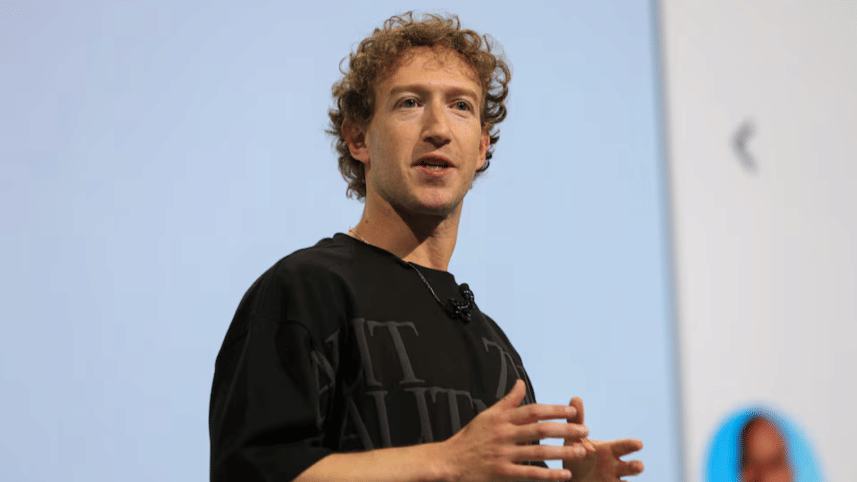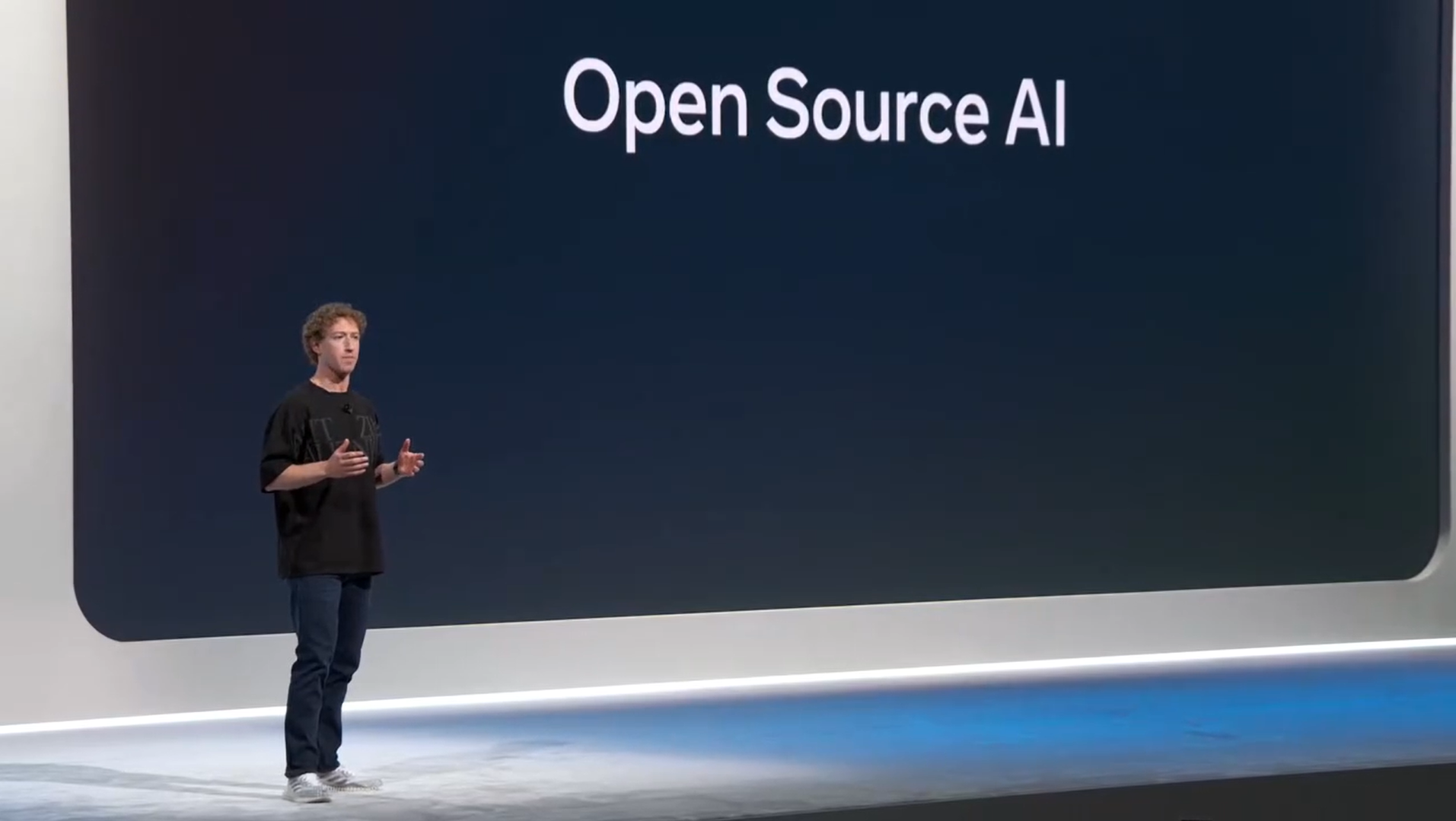Meta to stop fact-checking on Facebook, Instagram in the US

Meta has announced a significant overhaul of its content moderation policies in the United States, ending its fact-checking program and easing restrictions on discussions about contentious topics like immigration and gender identity.
The changes come as President-elect Donald Trump prepares for his second term and CEO Mark Zuckerberg signals a pivot toward less restrictive content policies, as per a recent report by Reuters.
What was announced
The company will no longer proactively scan posts for hate speech or other rule violations, instead relying on user reports to address flagged content. Automated systems will focus solely on high-severity violations, such as terrorism, child exploitation, scams, and drug-related content.
In place of its fact-checking program, Meta plans to introduce a 'Community Notes' system, similar to the approach used by Elon Musk's platform, X (formerly Twitter). These changes, affecting Facebook, Instagram, and Threads, are expected to be rolled out gradually in the coming months.
Zuckerberg described the shift as a return to the company's roots in free expression, acknowledging that the recent US elections influenced the decision. "It's time to get back to our roots around free expression," he said in a video statement. "This feels like a cultural tipping point, towards once again prioritising speech."
According to the Reuters report, President-elect Trump welcomed the announcement, describing Zuckerberg as "impressive" and hinting that his previous threats against the Meta CEO, including pledges to imprison him, may have played a role in the policy changes. "Probably," Trump said when asked if his rhetoric influenced the decision.
Internal and external reactions
Internally, Meta employees expressed confusion over the changes, particularly regarding plans to relocate content policy teams from California to Texas and other US locations. While most US content moderation is already handled outside California, the lack of clear communication has sparked uncertainty among staff, according to anonymous posts on the workplace app Blind, as stated in the Reuters report.
Externally, the reaction from fact-checking organisations was swift, further adds Reuters. AFP called the decision a "hard hit for the fact-checking community and journalism," while Angie Drobnic Holan, head of the International Fact-Checking Network, disputed Zuckerberg's characterisation of fact-checkers as biased or censorious. "Fact-checking journalism has never censored or removed posts; it's added information and context," she said.
Critics, including Ross Burley of the Centre for Information Resilience, warned the move could exacerbate the spread of disinformation. "This seems more about political appeasement than smart policy," he said.
Broader implications
The policy shift is currently limited to the US market, with no immediate plans to scale back fact-checking in regions like the European Union, where stricter regulatory frameworks exist. The EU's Digital Services Act, enacted in 2023, requires large platforms like Facebook to actively combat illegal content and mitigate risks to public safety. Non-compliance can result in fines of up to 6% of global revenue.
Meta has also removed specific guidelines that previously banned dehumanising references to transgender or non-binary individuals and broadened allowances for content discussing gender and sexual orientation within political and religious contexts, states a recent report by The Verge on the matter.
 For all latest news, follow The Daily Star's Google News channel.
For all latest news, follow The Daily Star's Google News channel. 

Comments